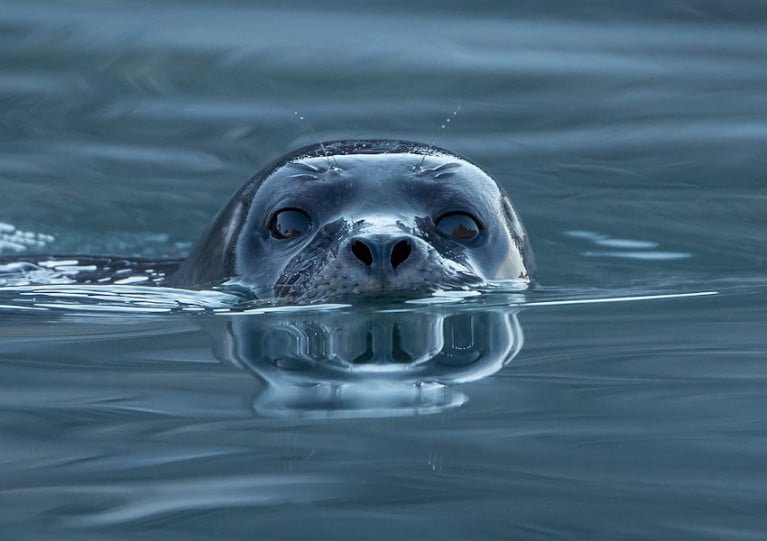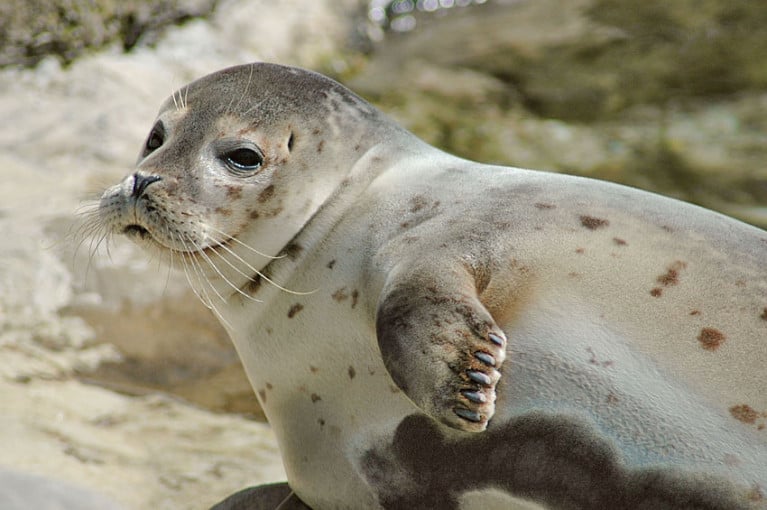Displaying items by tag: Banna
Wildlife Service Probes Suspicions of Foul Play in Headless Seals Incident
The National Parks and Wildlife Service (NPWS) has confirmed it is investigating the recent discovery of beheaded seals on a Co Kerry beach.
But as TheJournal.ie reports, the situation may not be as sinister as might appear at first glance — with experts saying it’s not unusual for seal carcasses to wash ashore headless by various causes.
The most recent concern was prompted by a report from a woman walking on Banna beach in Co Kerry, where she described happening upon mutilated seal carcasses on the sand.
However, Melanie Croce of Seal Rescue Ireland in Courtown, Co Wexford says that while it does appear the seals in question were beheaded, “this is actually something that we’ve seen for many years and many other rescues see it as well worldwide.
“Unless you’re doing a post-mortem examination, it’s very difficult to determine the cause of death. But, you know, we can’t prove anything either way,” she added.
Seals have become a divisive issue in the South West in recent years.
Earlier this month the Government shot down proposals to allow the culling of seals by rifle in the vicinity of protected areas where local inshore fishermen claim their catch is being depleted by the appetites of seal colonies.
TheJournal.ie has much more on the story HERE.
Decapitated Seals Disturbing Sight for Locals On Co Kerry Beach
Local residents have been disturbed by the discovery of decapitated seals on a Co Kerry beach, as the Irish Examiner reports.
Speaking to Kerry Today on Radio Kerry, a local woman described coming upon the grisly scene on Banna beach where a number of seal carcasses lay mutilated.
And she suggested that the heads had been purposefully removed in incidents that were not the result of an animal attack.
The revelation will recall memories of similar seal beheadings in Dingle in the summer of 2012, for which the culprits were never found.
The Irish Examiner has more on the story HERE.






























































